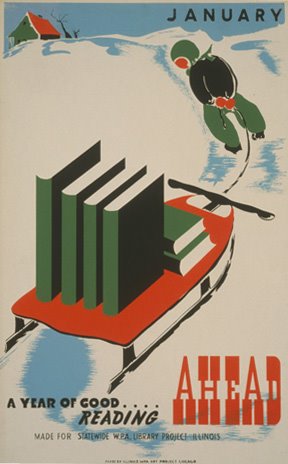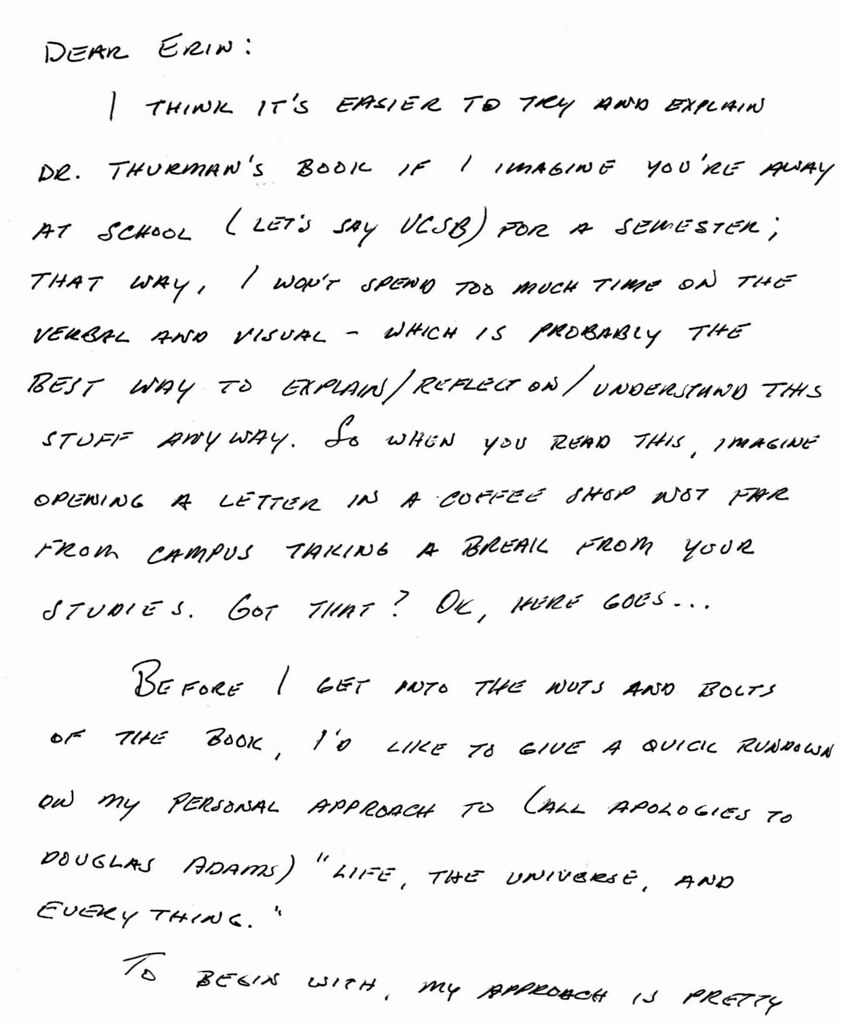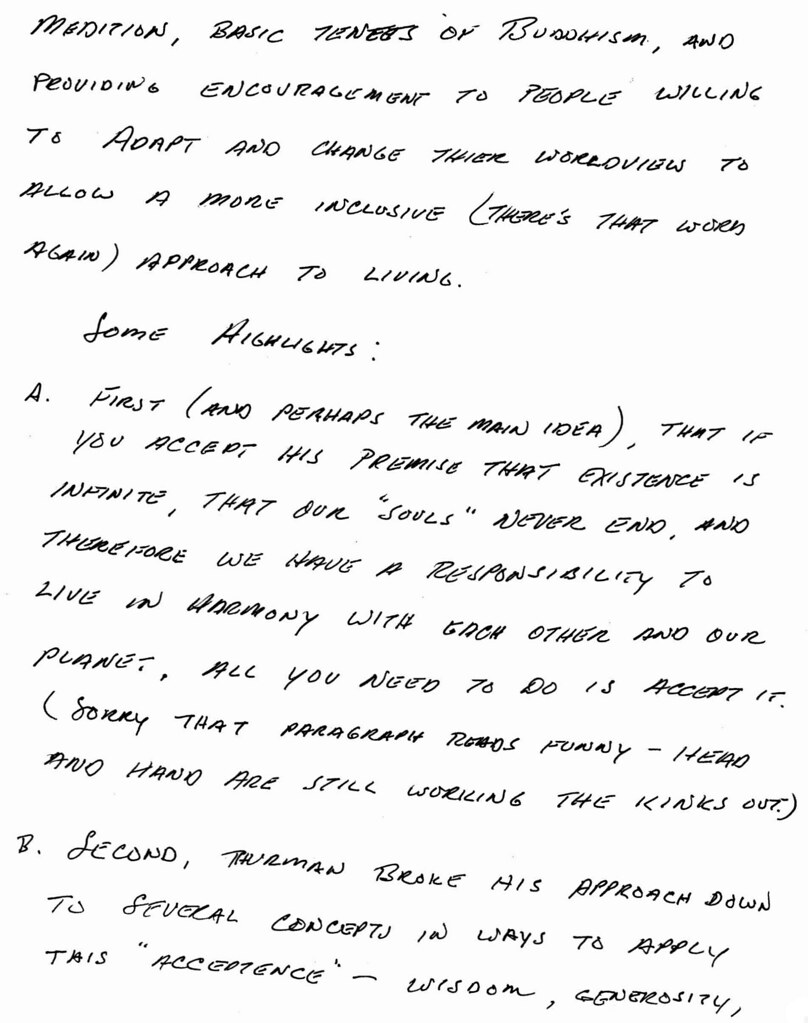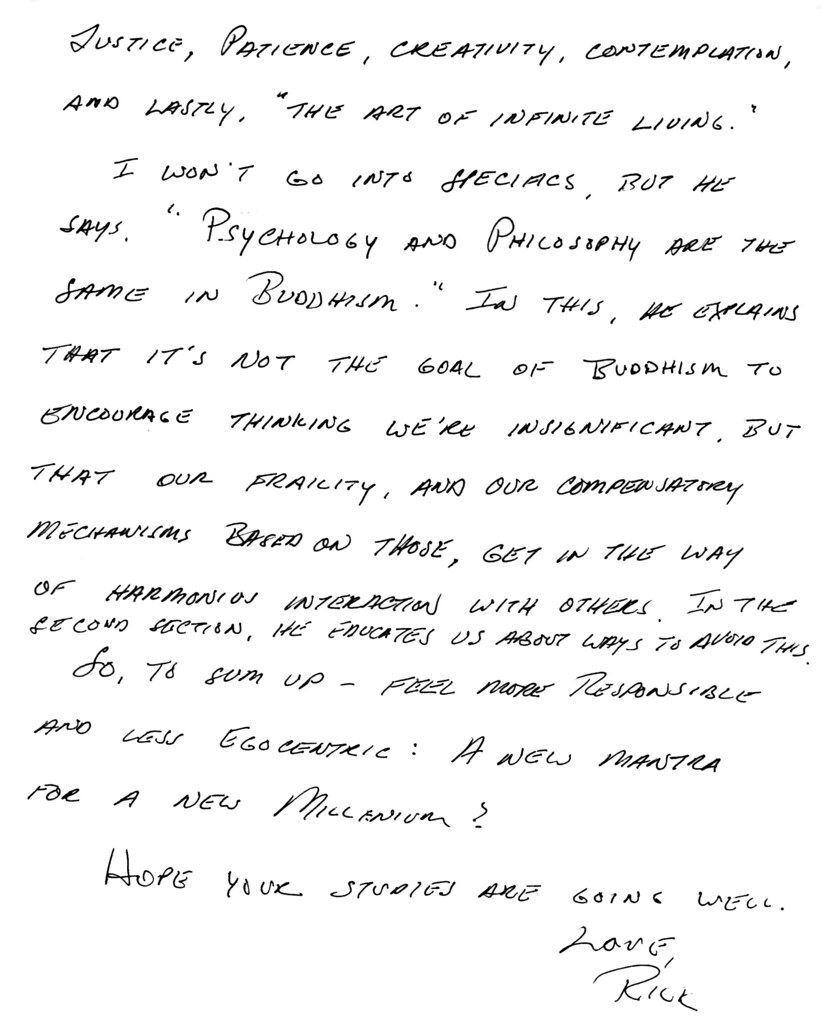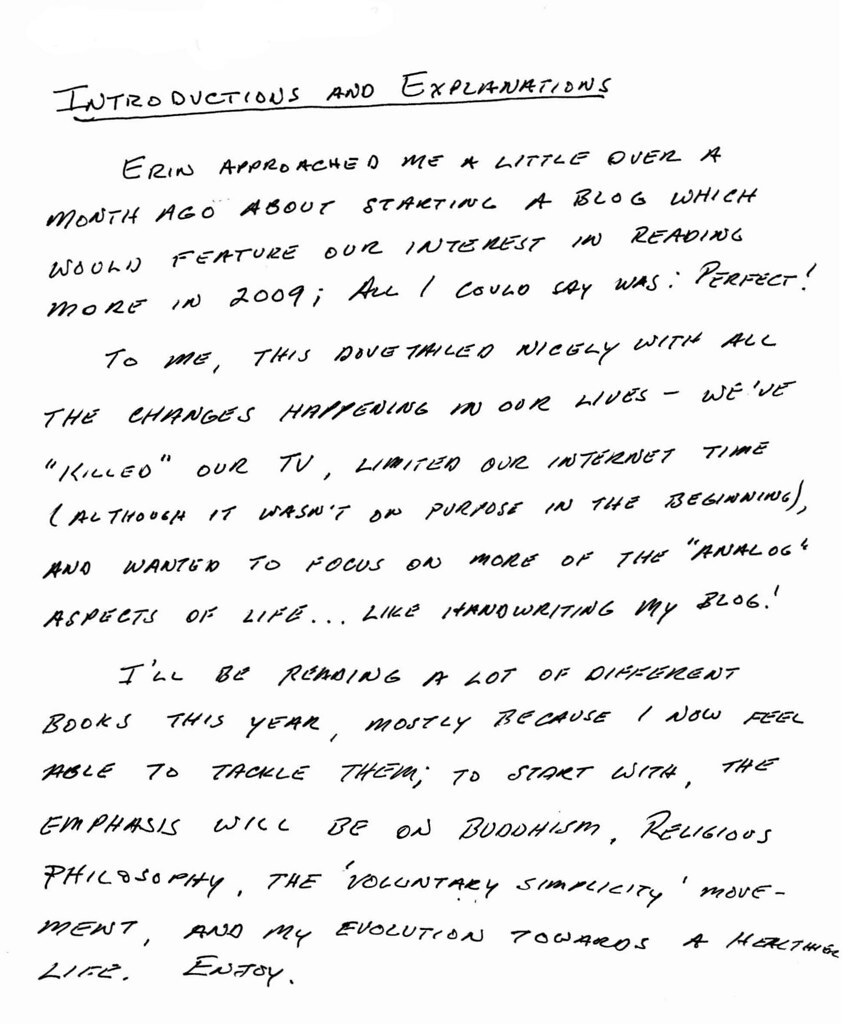Dear Rick,
So here is my plan: I am going to work on a personality/person exchange with Simon Winchester. I still have to clear it with him, of course. But I think it will work out in the end. Because you are delightful – so I know he will agree – and because he is delightful. Win. Win. Win.
Maybe not? you think. Oh, alright. –
So I’ve learned other things too. That is, other than the fact that Simon Winchester writes exactly the sort of books that I would if I 1) were more clever and less lazy, and 2) had a small army of research assistants:
The meaning of monomaniacal, and that it’s just the sort of quality that fuels acts of mad greatness. The kind of greatness that devises a task like compiling a history of every single word in the English language, for example, and confidently asserts it can be done in a number of years countable by hands. (It actually took, by the way, seventy years. Which still amazes me.)
Lexicography should be left to those with truly Napoleonic strains of grandeur and vision. You may not know it, but becoming a lexicographer is something I’ve held out for. You know, not in actual or tangible way, but more as a daydream. It's the same sort of vague, wishful desire that makes me say: I will become an accordion player. I have also, on occasion, heaved a sigh, and thought: I will become the next Bryan Garner. Yes, well...as of now, that (dream of a) dream is over. Do you know the reading involved? The time? The detail intensity?! And to the lexicographers out there? I send more than just a tip of my hat in your glorious, monomaniacal direction.
Hooks sink me. So, this starting out of each chapter with a definition – one that provides a symbolic flourish to the pages that follow – bravo! Mr. Winchester; I was smitten from the start.
Your wife is a big, fat history geek. (Is it suddenly more official now that I’ve said it online?) Oh, it’s true. When it comes to entertainment, I would now gladly gulp down a well-written history in place of fiction. Because real life is the best fodder for soap opera. Don’t believe me? I have one word for you: autopeotomy.
Kindly overlooking the point of origin makes me morally lazy. There is an ethical light switch I flip when I think about history, one that allows me to overlook or overly contextualize the very great sins of very great men. One that accepts the good that has managed to grow, somehow, from the bad; so it also, consequently, accepts the bad as, if not negligible, then permissible. Whereas, in the present tense, I am not nearly so permissive. So, here’s the deal: the mad man shot someone. Which, maybe doesn’t sound like much right now, but he shot someone in a dingy neighborhood of London back in a time when shooting someone was an extraordinary thing that (almost) never happened. And I can say what I want about atonement and confinement, but here’s the rub (one you’ve proven so good at not letting me forget): our dear, inspired mad man was also a murderer. There were extenuating circumstances out the wazoo, yes. But Mr. Winchester does not let us forget that an innocent man died. An innocent man who was on his way to work in the factory in the wee hours of the morning. An innocent man who was covering a shift for a co-worker. An innocent man with a wife, six kids to feed, and another on the way. And the loss of this life is a big deal, not an unfortunate precursor to a grand storyline.
While I’m on this thread, let me say: there is something about cruelty that makes history more real to me. Though I rail against this glossing over of history, like people were somehow more innocent, more honest and pure decades or centuries ago, I fall victim to the urge myself. Until, that is, I read about the little acts of cruelty that people have committed against each other throughout time. Now, it’s not that Mr. Winchester dabbles in the overly or unnecessarily gory, but he does give just enough. Just enough to have ignited my own empathetic pain receptors and make it all just that touch more real.
Does that make any sense? Do I sound like I’m hungrily searching through the mire at the bottom of history’s barrel? Like I’m taking too much delight in what should be gladly cast aside? Hopefully no. Because what I think I’m getting at is that I have an overly active imagination when it comes to anything that results in physical pain. And when I read those bits, like the account of branding deserters during the Civil War, I feel such an empathetic pain in my own skin, my own cheek, that it confirms for me, somehow, that the people I’m reading about were undeniably real. That things like this actually happened. (How could they not? They’re almost too terrible for people to have made up out of thin air.) And that, as a corollary, life is universally life: dirty, small and marked by this physicality we have (that is both inescapable and fleeting), but punctuated by moments of clarity, beauty and transcendental greatness. And that we, as creatures, are feeble or extraordinary enough to mostly focus on the latter.
(And as much as I hate to leave things on a chord of optimistic grandiosity, there we go. That's all I've got.)
I love you,
Erin
January 27, 2009
January 15, 2009
Week One: The Penderwicks
Dear Rick,
I’ve been feeling a little guilty that my first choice for this project is The Penderwicks on Gardam Street. Especially with your more philosophical choice. So thank you – did I say this? – thank you for observing that Sunday afternoon at the coffeeshop that you couldn’t be sure which was more fun: reading the adventures of the Penderwicks, or watching me read their adventures. In that moment, I felt completely absolved for greedily choosing to be entertained and touched this very first week, instead of, say, challenged.
I do love the Penderwicks. And I love them for the same reasons I used to love the Huxtables. (Really.) Because they are gentle. Because the parents (and, in the case of the Penderwicks, parent) are smart, and the kids are smart. And precocious as all get out. I love the Penderwicks because there is a sweet exchange between grown-up and child. Because dad lovingly accepts the wrongdoings of his children – he is firm, but not argumentative; he acts from love and not ego – and is able to admit to his children when he has done wrong too, willingly submitting to loving firmness from the bottom up. And I love the Penderwicks books for their imagination. I am completely in awe that a grown woman remembers so precisely all the connections children make (at various ages) and all the conclusions they draw. I love that these books flow so easily from four-year-old feats of imagination to twelve-year-old struggles with quasi-independence.
I am all these girls, all at once. I am Batty, who communes with the very real, very anthropomorphic identities of animals (both actual and toy), who is proud of the horror she can create by bleeding on the clay at school, who sees the leaves of sassafrass trees and thinks of mittens; I am Jane, who is in love with melodrama and acting and dreams of becoming an author; I am Rosalind, who likes to bake and is confused by boys and feels thoroughly, completely a grown-up, until she doesn’t. I am Skye too, I suppose. Though I seem to have missed out on her math skills and neatness. Instead, I think, I have only her temper.
This is what you see when I read. I am wrapped in their story. It is partly my own. And partly what I wish mine had been. And simply delightful to read it told so poignantly.
Maybe someday you’ll meet them too. And we can laugh and sigh and gasp together over their adventures. [And we will overlook that the adventure on Gardam Street smacks a bit of Scooby Doo ("And I would have gotten away with it too, if it weren't for you kids" -- you'll see what I mean when you get there).] Because the narrative is so rich. With layers of feelings and literary jokes and even surprises. And because the Penderwicks are lovely. And nearly as family to me as, well, family.
Yours Ever,
Erin
I’ve been feeling a little guilty that my first choice for this project is The Penderwicks on Gardam Street. Especially with your more philosophical choice. So thank you – did I say this? – thank you for observing that Sunday afternoon at the coffeeshop that you couldn’t be sure which was more fun: reading the adventures of the Penderwicks, or watching me read their adventures. In that moment, I felt completely absolved for greedily choosing to be entertained and touched this very first week, instead of, say, challenged.
I do love the Penderwicks. And I love them for the same reasons I used to love the Huxtables. (Really.) Because they are gentle. Because the parents (and, in the case of the Penderwicks, parent) are smart, and the kids are smart. And precocious as all get out. I love the Penderwicks because there is a sweet exchange between grown-up and child. Because dad lovingly accepts the wrongdoings of his children – he is firm, but not argumentative; he acts from love and not ego – and is able to admit to his children when he has done wrong too, willingly submitting to loving firmness from the bottom up. And I love the Penderwicks books for their imagination. I am completely in awe that a grown woman remembers so precisely all the connections children make (at various ages) and all the conclusions they draw. I love that these books flow so easily from four-year-old feats of imagination to twelve-year-old struggles with quasi-independence.
I am all these girls, all at once. I am Batty, who communes with the very real, very anthropomorphic identities of animals (both actual and toy), who is proud of the horror she can create by bleeding on the clay at school, who sees the leaves of sassafrass trees and thinks of mittens; I am Jane, who is in love with melodrama and acting and dreams of becoming an author; I am Rosalind, who likes to bake and is confused by boys and feels thoroughly, completely a grown-up, until she doesn’t. I am Skye too, I suppose. Though I seem to have missed out on her math skills and neatness. Instead, I think, I have only her temper.
This is what you see when I read. I am wrapped in their story. It is partly my own. And partly what I wish mine had been. And simply delightful to read it told so poignantly.
Maybe someday you’ll meet them too. And we can laugh and sigh and gasp together over their adventures. [And we will overlook that the adventure on Gardam Street smacks a bit of Scooby Doo ("And I would have gotten away with it too, if it weren't for you kids" -- you'll see what I mean when you get there).] Because the narrative is so rich. With layers of feelings and literary jokes and even surprises. And because the Penderwicks are lovely. And nearly as family to me as, well, family.
Yours Ever,
Erin
January 14, 2009
January 13, 2009
January 5, 2009
Prologue
Let me start by stating the obvious: this is a harebrained idea.
It was hatched in the wee hours of a night, while my mind was shrouded in a stupor of exhaustion and frustration. I am stubborn enough to cling to it, though, despite the pleas of common sense and reason. (Rick, thank you for being crazy and stubborn too.)
Actually, I have been all atingle about the possibilities of this mission and this blog because – my slightly less obvious statement – I am a crappy, half-assed reader. Which fits in the continuum, if anyone is keeping track, somewhere between devout non-reader and avid reader. My love affair with books is actually more of an infatuation pursued in fits and starts. And though I am not a great believer in resolutions, I am committed to working on the book/me dynamic this year. (And really, how better to acquire a skill than within the stark purview of the public eye?)
So, here I am: thrilled and terrified. Not quite sure if I’m ready for all this, but I"ll go ahead anyway.
I’ve cheated a little. I should probably say that now. I’ve been dipping into How to Read a Book – you know, just for pointers. Adler and Van Doren have filled my head with an idea of reading as craftsmanship: full of small divisions of labor that are practiced, at first separately and finally together, in order to develop the skills and abilities to read for comprehension, to read for learning. For me – knitter, crocheter, sewer, wannabe gardener and novice cellist – the metaphor of reading as craft carries a lot of weight.
Once, on NPR I think it was, I heard something about attaining mastery. I forget the subject and the interview (my apologies), but the overall idea boils down to this:
My aim here is to become a better reader. By this I mean not just someone who devours books, but someone who grows from them too.
On an editorial note: my voice won't be the only one you'll read here. Rick will post too. With his own mission, and thoughts and books to pursue. Another part of the process of One Hundred Four Books will be to discover how our individual understanding of each book affects and informs the other reader. Making for a blog that is both discrete units and iterative process.
How will that go? I don't know. Let's find out.
Ready...Steady...Go!
It was hatched in the wee hours of a night, while my mind was shrouded in a stupor of exhaustion and frustration. I am stubborn enough to cling to it, though, despite the pleas of common sense and reason. (Rick, thank you for being crazy and stubborn too.)
Actually, I have been all atingle about the possibilities of this mission and this blog because – my slightly less obvious statement – I am a crappy, half-assed reader. Which fits in the continuum, if anyone is keeping track, somewhere between devout non-reader and avid reader. My love affair with books is actually more of an infatuation pursued in fits and starts. And though I am not a great believer in resolutions, I am committed to working on the book/me dynamic this year. (And really, how better to acquire a skill than within the stark purview of the public eye?)
So, here I am: thrilled and terrified. Not quite sure if I’m ready for all this, but I"ll go ahead anyway.
I’ve cheated a little. I should probably say that now. I’ve been dipping into How to Read a Book – you know, just for pointers. Adler and Van Doren have filled my head with an idea of reading as craftsmanship: full of small divisions of labor that are practiced, at first separately and finally together, in order to develop the skills and abilities to read for comprehension, to read for learning. For me – knitter, crocheter, sewer, wannabe gardener and novice cellist – the metaphor of reading as craft carries a lot of weight.
Once, on NPR I think it was, I heard something about attaining mastery. I forget the subject and the interview (my apologies), but the overall idea boils down to this:
Mastery = 10,000 hours of work
My aim here is to become a better reader. By this I mean not just someone who devours books, but someone who grows from them too.
On an editorial note: my voice won't be the only one you'll read here. Rick will post too. With his own mission, and thoughts and books to pursue. Another part of the process of One Hundred Four Books will be to discover how our individual understanding of each book affects and informs the other reader. Making for a blog that is both discrete units and iterative process.
How will that go? I don't know. Let's find out.
Ready...Steady...Go!
Labels:
miscellany
Subscribe to:
Comments (Atom)
